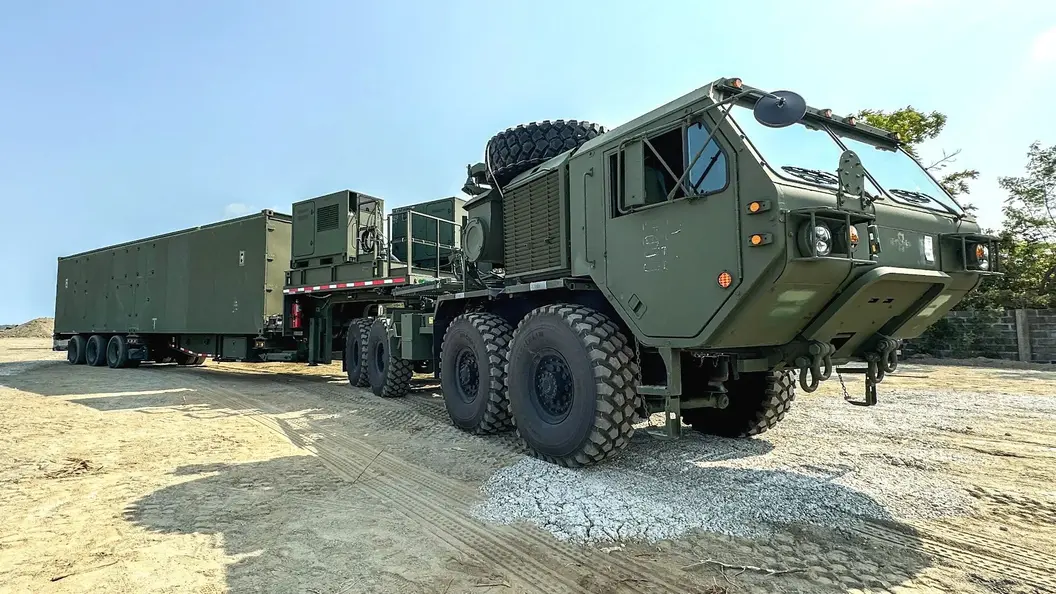The United States has announced a significant increase in its military presence in West Asia, deploying additional fighter jets and Navy ships to bolster Israel’s defense amid escalating regional tensions. The move, confirmed by the US Department of Defense (DOD), is a response to growing threats from Iran and Iranian-backed militias.
Deputy Pentagon Press Secretary Sabrina Singh revealed on Friday that the deployment is intended to counter potential threats from Iran. “The secretary reiterated ironclad support for Israel’s security and informed the minister of additional measures to include ongoing and future defensive force posture changes that the department will take to support the defense of Israel,” Singh said during a briefing.
US Secretary’s orders
US Secretary of Defense Lloyd Austin has ordered the deployment of additional ballistic missile defense-capable cruisers and destroyers to both the US European Command and US Central Command regions. “The Pentagon is also taking steps to increase our [US] readiness to deploy additional land-based ballistic missile defense,” Singh added. This decision follows a call between President Joe Biden and Israeli Prime Minister Benjamin Netanyahu, which underscored the United States’ commitment to bolstering Israel’s defense capabilities.
Austin’s orders also include adjustments to the US military posture designed to enhance force protection, increase support for Israel, and ensure preparedness for various contingencies. To maintain a consistent carrier strike group presence in the region, the USS Abraham Lincoln Carrier Strike Group will replace the USS Theodore Roosevelt Carrier Strike Group, which is currently deployed in the Central Command area of responsibility.
The heightened military deployment is in anticipation of potential retaliation from Iran in response to the recent assassination of Hamas leader Ismail Haniyeh in Tehran. Both Tehran and its regional proxies have vowed retribution for the deaths of Haniyeh and top Hezbollah commander Fouad Shukur in Lebanon.
US’s pledge to support Israel
The United States has previously pledged to support Israel in the aftermath of the Hamas attacks in October 2023. In April, following Iranian and Iranian-backed group strikes on Israel, the US led a coalition to defend against armed drones and missiles. Austin’s recent orders further bolster this commitment.
In addition to military deployments, the United States is actively working towards de-escalating regional tensions and pushing for a ceasefire to end the ongoing conflict in Gaza. “The United States also remains intently focused on de-escalating tensions in the region and pushing for a ceasefire as part of a hostage deal to bring the hostages home and end the war in Gaza,” Singh noted.
On August 1, a White House readout confirmed that President Biden and Prime Minister Netanyahu discussed ongoing efforts to support Israel’s defense against threats, including ballistic missiles and drones. Biden reaffirmed his commitment to Israel’s security and emphasized the importance of de-escalating broader regional tensions. Vice President Kamala Harris also participated in the call between Biden and Netanyahu.


















